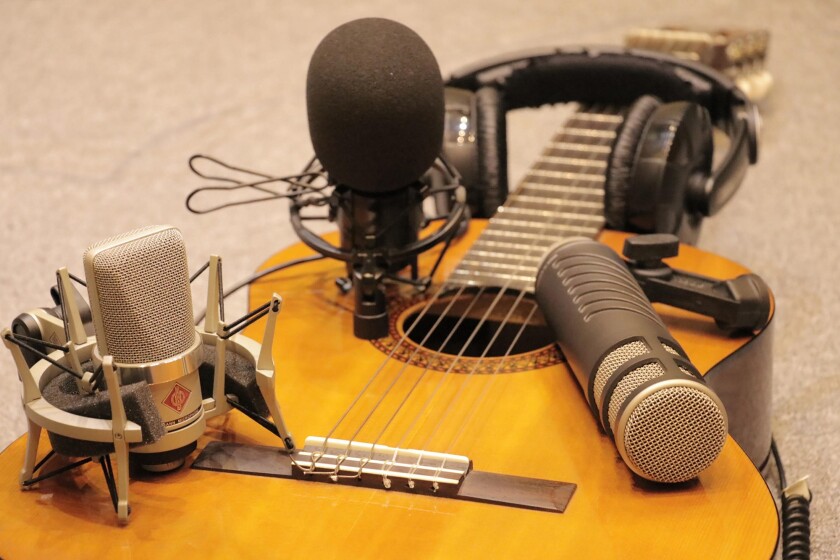As Vietnam's newly amended Intellectual Property Law will take effect from January 1 2023, the government has been working with related authorities to rapidly issue the necessary decrees to guide the law’s implementation, including a decree on copyright and related rights.
It is expected that this decree will be released soon, also to take effect from January 1 2023. The latest publicly available version of the decree is the third draft (the ‘draft decree’). Some significant issues that are covered under the draft decree are discussed below.
Definitions of terms
The draft decree provides detailed definitions of some important terms; for example, publication of works is clarified as “issuing copies of works in a reasonable quantity sufficient for public access, depending on the nature of the work”, and the exact time is made clear for re-broadcasting (after the broadcast time) and the relay of a programme (at the same time as the broadcast time).
Right to perform a work before the public
Article 15 clarifies the definition of the right to perform a work in public, directly or indirectly, through sound and video recordings or any other technical means which the public can access but through which they cannot freely choose the time and part of the work, so as to distinguish it from distribution rights.
The draft decree also specifies what constitutes the act of performing the work for each type of work.
Rights of co-authors and co-owners of works
Article 16 clearly distinguishes the circumstances in which:
Co-authors are also co-owners of a copyright; and
Co-authors are not concurrently copyright owners.
The draft decree further clarifies that co-owners of copyright have the right to waive the right to publish the work and property rights.
Exceptions to copyright infringement
Article 26 provides that “reasonably copying a part of a work for personal study and research is the act of copying no more than one copy of a part of a work”.
The definition of “reproduction in an accessible format” (for those with disabilities) is defined in a very broad way as “by another format or method”.
The draft decree broadens the types of organisations that can benefit from this exception, adding "organisations for people with disabilities" and "libraries", and makes this list open instead of limited by including the clause “other organisations that meet the above conditions and approved by the competent state agency”. Regulations on procedures for recognising these organisations are provided.
The draft decree sets forth two additional obligations for these organisations:
To ensure copies are in an accessible format that meets the requirements of Article 25.1 of the amended IP Law; and
To ensure respect for the privacy of people with disabilities.
The draft decree includes guidance on the right to exploit and use the translation of a work and the right to use a copyrighted work for teaching, research, and non-commercial purposes.
Limitation of copyright or related rights
Several provisions in the draft decree specify the exploitation of works in the case of copyright limitation, such as the use of works, sound and video recordings, the payment of royalties, and the exploitation of rights to translate works from foreign languages into Vietnamese for teaching and research purposes.
Enforcement against infringements
Unlike in the past, when sanctions against copyright infringements were provided for in separate legislation, enforcement has been integrated into the same document. The entire Chapter VI of the draft decree covers the protection of copyrights and related rights to a very detailed extent, including:
Presumption of copyright and related rights;
Technological measures to protect rights; and
The basis for determination of subjects entitled to copyright and related rights protection.
The mechanisms to determine infringements and damages are clearly provided, including:
Grounds for determining the nature and extent of infringement;
Principles for the determination of damages; and
The definition and calculation of mental loss, property damage, decline in income and profit, and loss of business opportunities.
The draft decree also adds a separate chapter on assessment of copyright and related rights (definitions, procedures, objects, etc.).
The clarifications of copyright and related rights infringement may provide additional legal protection and effective legal remedies against the circumvention of effective technological measures or rights management information used in connection with the protection of copyright and related rights.
ISP responsibility
Article 92 provides a list of organisations that can be regarded as intermediary service providers (ISPs). Notably, digital content search services has been removed from this list.
Article 93 further sets forth the responsibilities of ISPs, including:
Providing contact information;
Temporarily disconnecting the internet connection or site blocking in the knowledge that a customer has committed infringing acts; and
The obligation to ask authors or copyright owners for permission and to pay royalties if they operate for commercial purposes.
The draft decree makes it clear that ISPs are only liable for direct compensation if there is an infringement when they are acting as a secondary source of distributing digital information obtained by copyright infringement, which has been determined by a judgment or a decision in force of a court or a competent state agency.
Article 95 clarifies more specifically the responsibility to remove or prevent access to infringing information content (site blocking and a takedown regime), including temporary interruption of an internet connection or a leased channel. The draft decree also clarifies the order and procedures for receiving and processing requests from rights holders/state agencies. This regime appears quite clear and applicable for the parties involved.
Outlook
As of early December 2022, the draft decree was being reviewed by the drafting agency before submission for appraisal and validation, and was expected to be issued before the end of the year.
It is hoped that this decree will be an effective legal basis for smooth implementation of the amended IP Law, benefiting copyright owners and other relevant parties.













